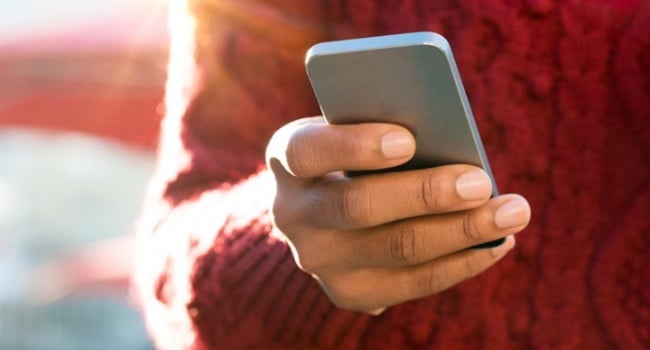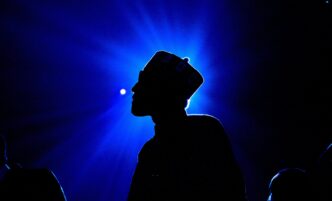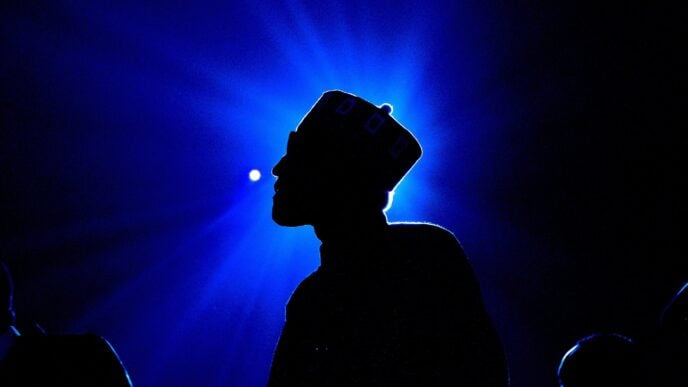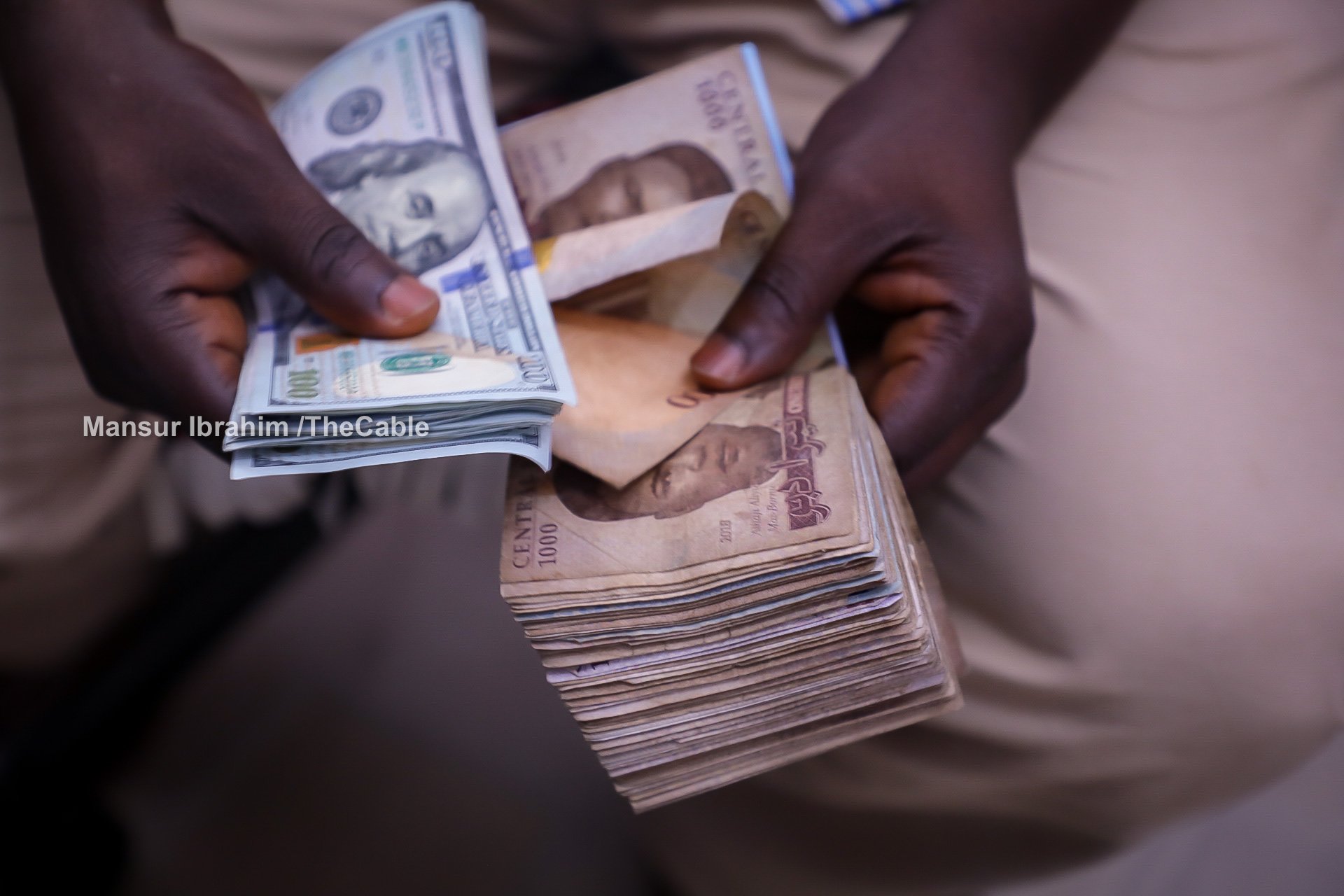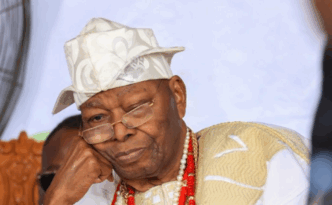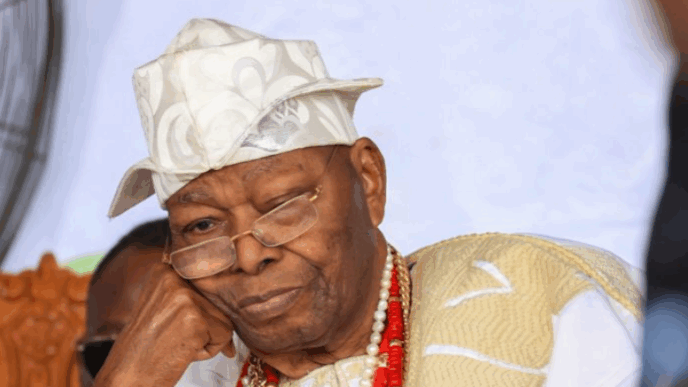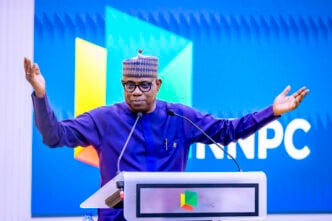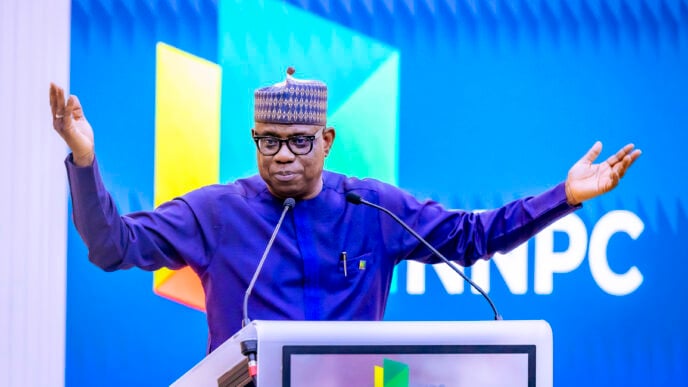BY WALE BAKARE
As Nigeria looks toward the 2027 general election, one cannot ignore the sweeping influence social media continues to have on the nation’s political landscape. What began as a platform for sharing pictures, jokes, and viral videos has now become a major theatre of political debate, propaganda, civic engagement, and even activism. As someone who has observed Nigerian politics for over two decades, I dare say that the next general election will be won or lost as much on screens as in the streets.
Social media in Nigeria is no longer a novelty. It is the new town square, a battleground for narratives, and a platform where public opinion is shaped and reshaped daily. Between the 2011 and 2023 general elections, we witnessed an explosion in digital political engagement, but 2027 promises to be even more intense. This is due to several factors: an increasingly youthful and internet-savvy population, growing digital infrastructure, and a political class that now fully understands the power and peril of social media.
The 2023 elections showed us glimpses of what to expect. Candidates took to Twitter, Facebook, Instagram, and even TikTok to campaign, debate, and connect with voters. The Labour Party’s meteoric rise, driven largely by young Nigerians using social media to amplify the candidacy of Peter Obi, was a testament to how much things had shifted. In 2027, this shift will likely become even more pronounced. Political campaigns will no longer just have media units—they will require full digital command centres equipped with data analysts, trend monitors, and content creators.
Advertisement
What makes social media especially potent in Nigeria is the combination of real-time information and widespread smartphone use. According to Statista, Nigeria had over 40 million active social media users in 2024, and this number is expected to climb significantly by 2027. This means political messages, whether true or false, can travel faster than any press conference or rally ever could.
However, with this digital power comes significant risk. Disinformation and fake news are already major threats to Nigeria’s democratic process. Deepfakes, content generated by artificial intelligence, and coordinated smear campaigns are on the rise. In 2023, we saw how quickly rumours could spiral out of control online, stoking ethnic tension and political unrest. Without strong digital literacy among the population and better regulations to curb online abuse, 2027 might witness even worse.
The role of influencers and digital opinion leaders cannot be overstated. In the past, political influence was confined to traditional media, town hall meetings, and party rallies. Now, an Instagram skit maker or a TikTok creator with millions of followers may wield more political power than a local government chairman. These influencers are already being courted by politicians eager to gain access to younger demographics. Expect this trend to explode in 2027, where influencers may become campaign surrogates, some knowingly, others unknowingly.
Advertisement
A clear signal of how central social media will be to the 2027 elections was the recent Progressives Digital Media Summit organised by the Office of the Special Assistant to the President on Social Media. The summit, held in Abuja in August 2025, brought together influencers, digital strategists, and political communicators under the theme “Unveiling the Critical Role of New Media in National Development.” With President Bola Tinubu urging young Nigerians to use their digital platforms to promote unity and national cohesion, the event revealed the current administration’s strategic intent to harness social media as both a tool for public persuasion and political consolidation. As the ruling party invests heavily in digital engagement, it is evident that the 2027 elections will not be decided solely by rallies or traditional media, but by the battle of narratives unfolding online. This summit marks a formal recognition by the presidency that social media is no longer just an accessory to politics; it is the space where minds are shaped, youth are mobilised, and influence is contested.
Civil society organisations and election observers must also recognise the new rules of engagement. Voter education, election monitoring, and civic advocacy must now be done with algorithms in mind. Hashtags, video reels, and live streams will matter just as much as press releases and conferences. Platforms like WhatsApp, which are difficult to monitor, are already being used for political mobilisation and propaganda. We must find creative ways to counter misinformation while protecting freedom of expression.
There is also a growing concern about the misuse of social media by political actors. In 2023, there were allegations of state-sponsored trolls, automated accounts, and cyberbullying targeted at opponents and dissenting voices. In 2027, the line between political engagement and online harassment may become even more blurred. The National Assembly and the Nigerian Communications Commission must begin planning for digital regulations that protect democratic integrity without undermining freedom or innovation.
It is also critical that our political parties evolve. Nigerian parties are often criticised for being ideologically weak and structurally fragile. Social media offers them a chance to rebuild from the ground up. They can use these platforms to gather feedback, engage directly with citizens, and even conduct transparent internal primaries. But the question remains: will they seize the opportunity or stick to the old playbook?
Advertisement
Moreover, the Independent National Electoral Commission must not be left behind. In a time where public trust in institutions is low and conspiracy theories spread quickly, the electoral commission must use social media more effectively to share accurate information, correct falsehoods, and maintain public confidence. The 2023 elections were marked by complaints about poor communication and unclear processes. A more active and responsive digital presence could help INEC rebuild some of that trust, particularly among first-time voters and the youth.
Another important issue is access. While social media has opened the political space to many Nigerians, a large part of the population—especially in rural communities—remains excluded due to poor internet infrastructure or affordability issues. If we want social media to be a fair playing field in 2027, then expanding access must become a national priority. Everyone deserves the chance to participate in political conversations, whether online or offline.
Let us not forget the diversity of Nigeria’s social media space. Political communication in 2027 must reflect the country’s wide range of languages, cultures, and media habits. A trending post in Lagos may have no relevance in Sokoto or Owerri. Political teams must be more thoughtful in tailoring their messages to specific audiences across regions. Local relevance and cultural sensitivity will be just as important as digital reach.
Social media will not just influence the 2027 elections; it will define them. From candidate emergence to campaign strategy, from mobilising supporters to monitoring results, digital platforms will be central to the political process. This presents a major opportunity and an equally serious challenge. If handled wisely, social media can strengthen democracy, give voice to the youth, and promote transparency. But if left unchecked, it can become a breeding ground for division, manipulation, and conflict.
Advertisement
As we move toward 2027, one thing is clear: the future of Nigerian politics will be written not only on ballot papers, but also through tweets, videos, and viral content. Those who understand this new reality will have the advantage. Those who ignore it do so at their own peril.
Wale Bakare is a digital rights and digital inclusion advocate, as well as the co-founder/director of partnership and sustainability, Webfala Digital Skills for all Initiative.
Advertisement
Views expressed by contributors are strictly personal and not of TheCable.
